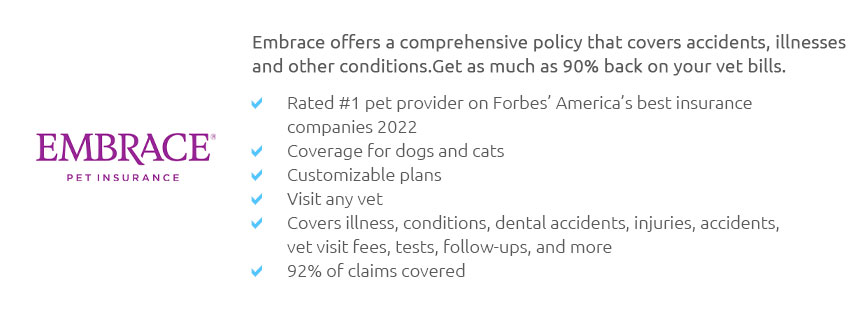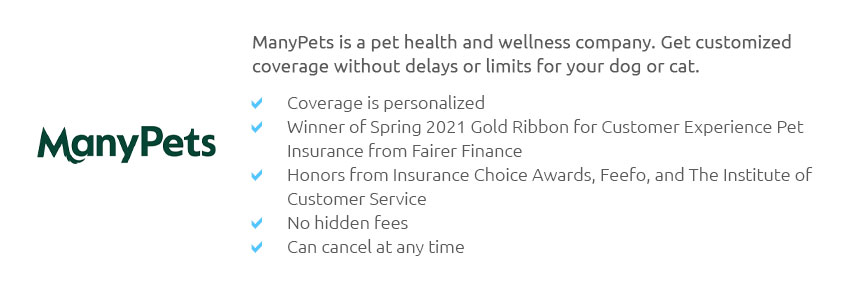 |
 |
 |
 |
 |
|
 |
|
 |
|
 |
|
 |
|
 |
|
 |
|
 |
 |
The Comprehensive Guide to Dog Insurance Dental: What to ExpectAs a conscientious dog owner, you're likely familiar with the myriad aspects of pet care, from nutrition to exercise, but one often overlooked component is dog dental insurance. While regular veterinary visits are crucial, dental health is an area that can quickly become costly if not properly managed. Dog insurance dental plans are designed to alleviate these costs, yet many pet owners remain unsure about what they entail and whether they're worth the investment. This guide aims to address these common concerns, providing clarity and insights into the world of canine dental insurance. Firstly, it's important to understand why dental health is critical for dogs. Just like humans, dogs can suffer from a range of dental issues including periodontal disease, broken teeth, and oral infections. These conditions, if left untreated, can lead to more severe health problems, affecting your pet's heart, liver, and kidneys. Therefore, maintaining your dog's dental health is not just about fresh breath or a white smile; it's about preventing more serious health issues down the line. Now, you might ask, what does dog dental insurance cover? While coverage can vary significantly between providers, most plans typically cover routine cleanings, exams, and certain procedures like tooth extractions. However, it's essential to carefully review the details of any plan, as some may exclude pre-existing conditions or certain breeds prone to dental issues. Additionally, insurers might offer different levels of coverage, allowing you to choose a plan that best suits your dog's needs and your financial situation. One of the primary concerns for dog owners is the cost of dental insurance. While it can seem like an added expense, consider the potential costs of untreated dental issues. A simple cleaning might cost a couple of hundred dollars, but more extensive dental work can run into the thousands. Insurance can mitigate these costs, making it a financially prudent choice for many pet owners. However, if your dog has never had dental issues and you're diligent about regular cleanings, you might find the cost of insurance outweighs the benefits. It's a decision that depends largely on your individual circumstances and risk tolerance. Another factor to consider is the age and breed of your dog. Some breeds are more prone to dental issues, and as dogs age, they're more likely to need dental care. If your dog falls into one of these categories, insurance might be more necessary. Furthermore, many insurers offer discounts for insuring multiple pets, which can be an attractive option for households with more than one furry friend.
In conclusion, while dog dental insurance may not be a necessity for every pet owner, it provides peace of mind and financial protection for those who choose it. By carefully evaluating your dog's needs and the available plans, you can make an informed decision that best supports your pet's health and your budget. Remember, a healthy mouth is a cornerstone of a healthy dog, and insurance is one tool to help you achieve that goal. https://www.nerdwallet.com/article/insurance/pet-dental-insurance
Generally, pet insurance policies classify dental coverage into two types: acute care and routine care. https://www.pumpkin.care/blog/does-my-pets-insurance-plan-also-include-dental-coverage/
Some pet insurance plans will cover dental treatments for illnesses and accidents. This can include a wide range of conditions your pet might experience. https://www.reddit.com/r/CatAdvice/comments/14iyv40/pet_insurance_that_covers_dental_experiences/
Do ya'll have any experiences with health insurances that cover dental work (cleanings, extractions, etc)? What do they cover/how much do you pay monthly?
|